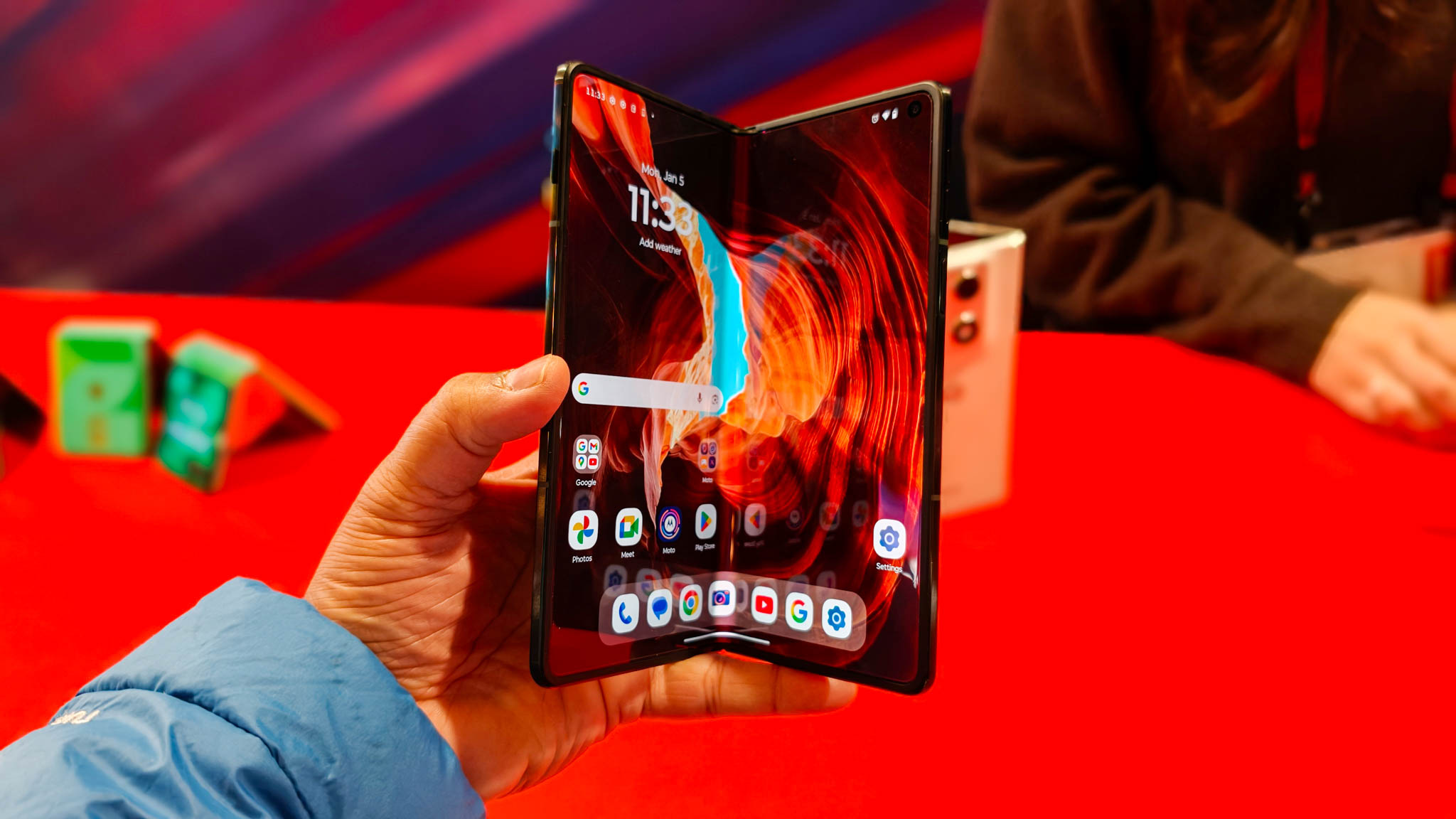The Pixel 10 battery 'issue' isn't really an issue
Five minutes of explaining beforehand is better than torches and pitchforks later.
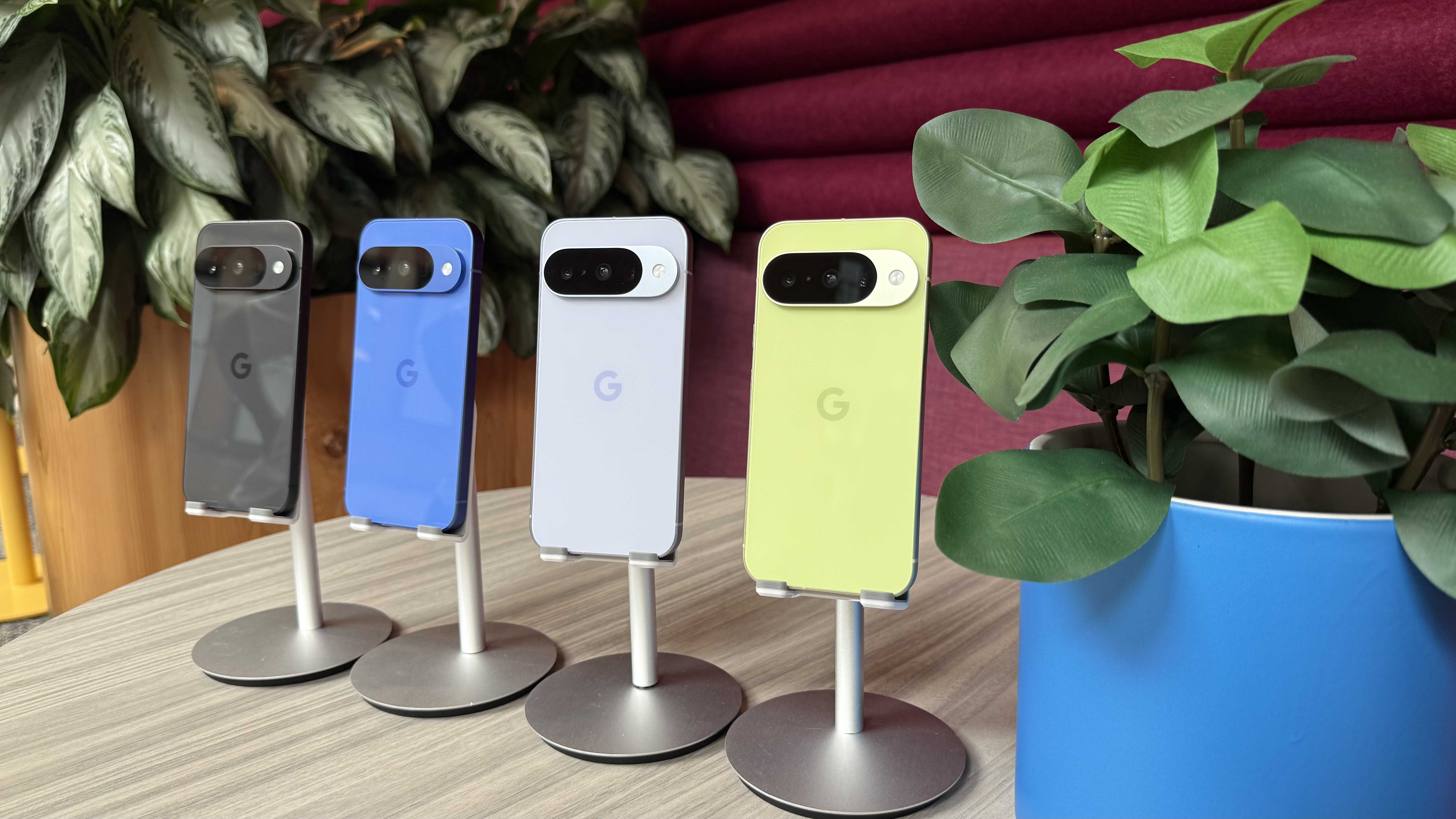
If you are a casual tech user, you might think the battery on the Pixel 10 is junk and your phone will stop charging the whole way after like six months or a year. It's not, and it won't. That's what the headlines you've read this week imply, though.
There are two reasons why, and I'm going to make everybody mad at me and say what I think about them.
1. Sometimes, technology websites don't get it quite right.
2. Google often sucks when it comes to clearly explaining why it does things that sound dumb.
What we got wrong
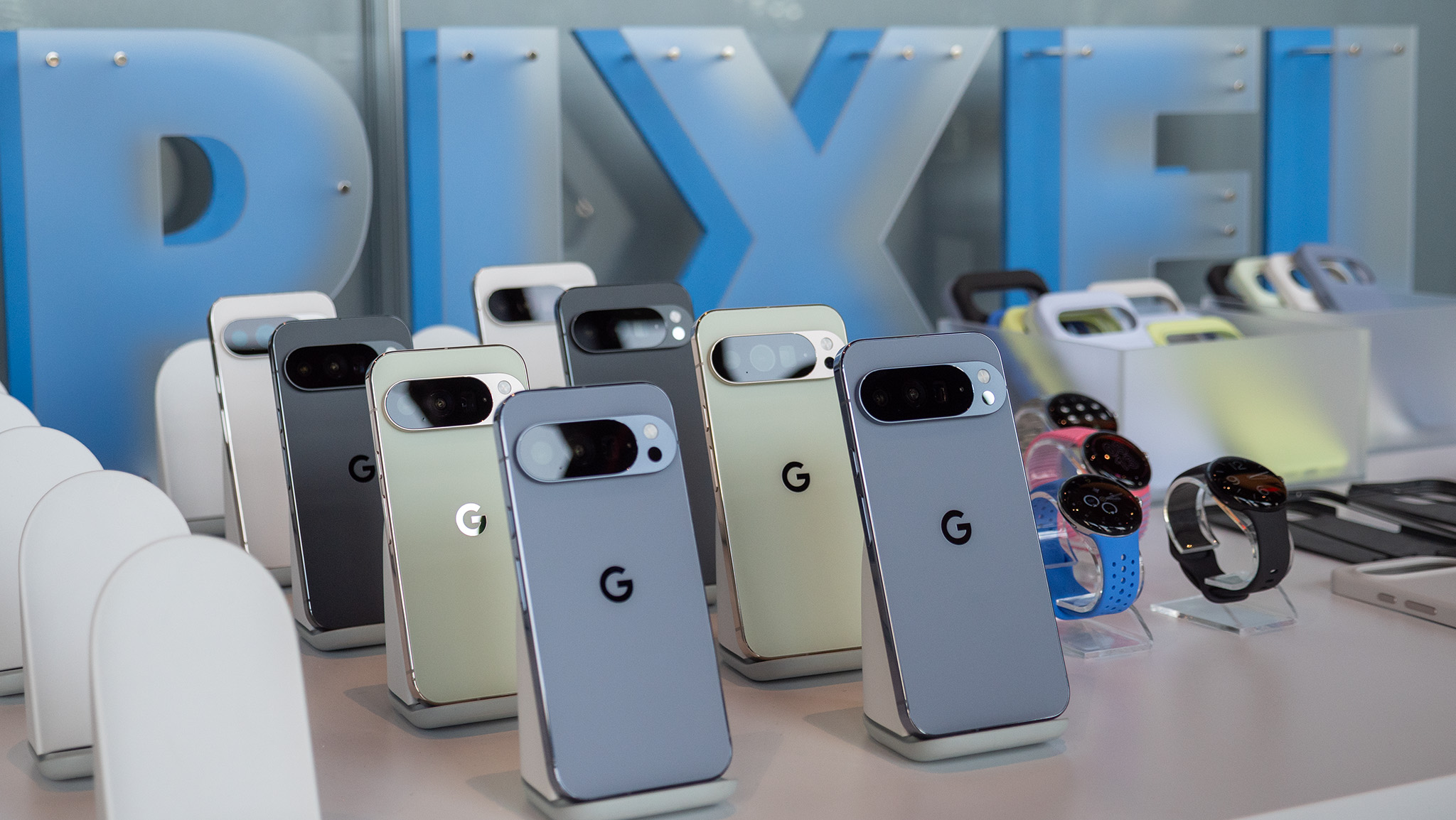
By "we" I mean most Android websites, including Android Central. Yes, we get stuff wrong, too. The only perfect writers who are always right worked for Mad Magazine in the late 1980s. (Relax, boss, I'm cracking a joke here.)
But for real, we don't always get it quite right, just like everybody gets stuff wrong once in a while.
The main thing everyone got wrong and the biggest blunder I see — and this feels pretty universal across everything I've read about the issue — is that we asked the wrong question or trusted whatever Google had to say on some support page.
Get the latest news from Android Central, your trusted companion in the world of Android
"Battery Health can't be turned off. Why?" is what everyone should have found out before any virtual pen hit the virtual paper, instead of causing a commotion over something that shouldn't be as big a deal as we're all making it.
Some important stuff about the Pixel 10 battery
Amazingly, a commentor on our article named Giin did what Google didn't: gave some insight as to why this might have been done, and did it in relatively few, simple words.
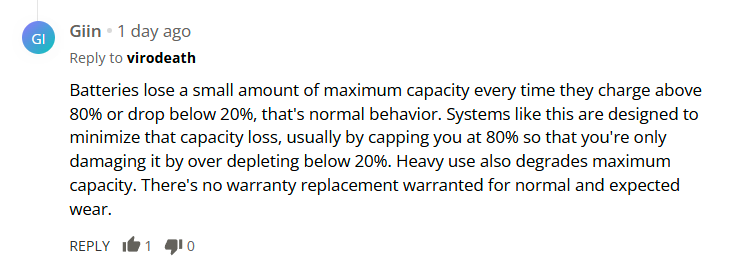
I love seeing this. I know just enough about high-capacity, high-density, small form-factor batteries to be a little dangerous, but that's enough to know Giin is correct.
Your phone battery will lose the ability to accept and hold a charge the minute it's installed inside the phone. If you move the needle to the ends of the scale when it comes to charging, it loses more.
As it loses more, the effect compounds, and you lose even more. Batteries are wonderful little things, but they are pretty piss-poor components as far as longevity is concerned.
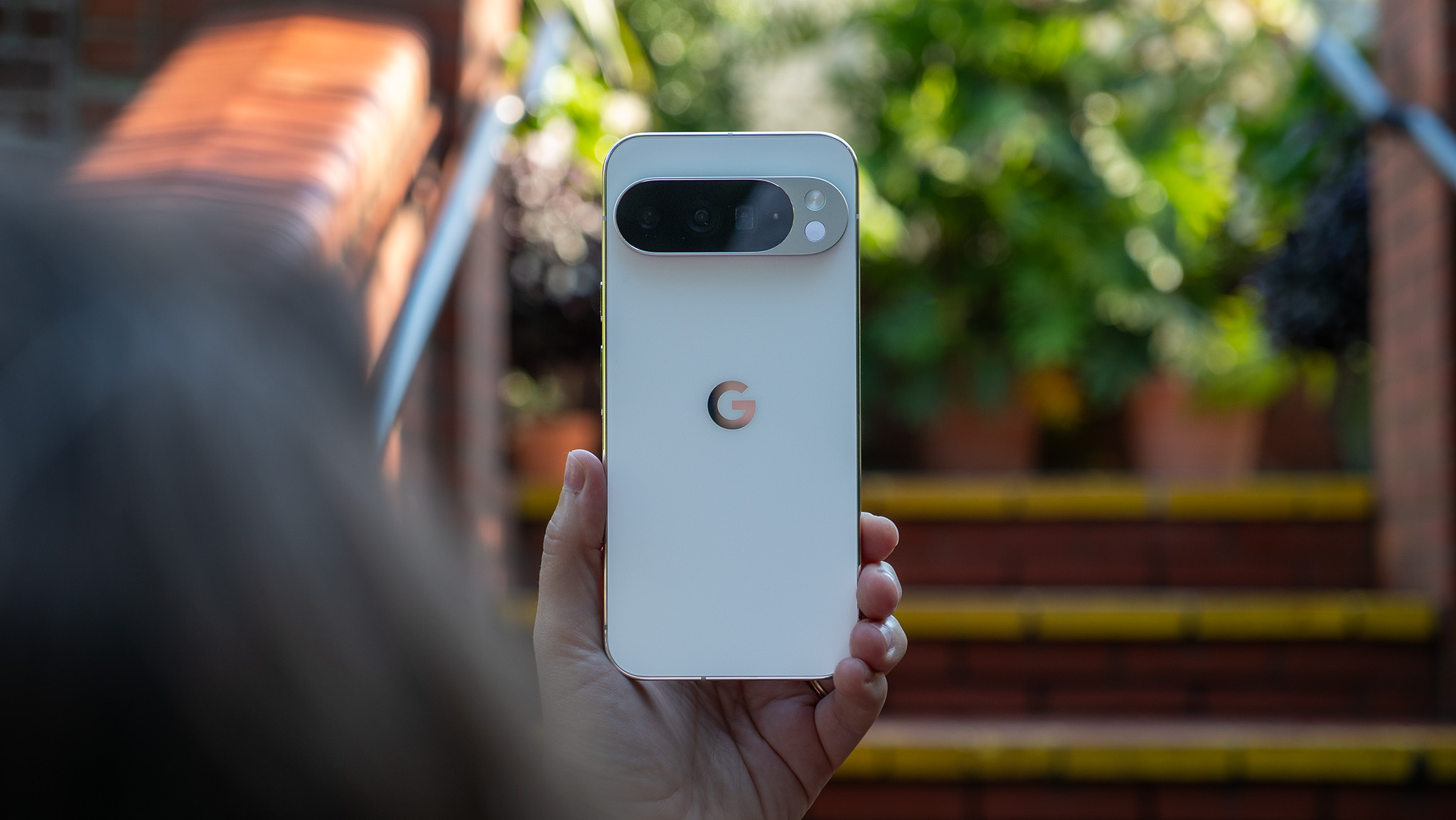
I'm guessing the idea behind capping the amount of charge a battery can accept is to slow down that extra degradation, and it's something that a lot of companies allow to happen. For us, the idea seems weird; charge over 80% of 80% and the battery still gets old. Batteries suck. We're not battery engineers or scientists. Well, most of us aren't.
I imagine someone at Google had the idea to enforce this rule instead of making it optional because they think it will make a difference in the longevity of the battery. You might need to charge an hour earlier for the first year, but in three years, you'll still be able to charge your phone. When you go on about how you support your product's software for seven years or more, you have to try to make sure the hardware will last that long, too.
Will this work? I don't know. Should we like it? Again, I don't know. Is Google locking down the phones in a jail that makes even Apple sad? Maybe ...
What I do know is that a quick and easy-to-understand explanation of this "innovative" new feature — telling what the testing showed and why the company thinks it will help — would have prevented this whole thing.
Google is the worst when it comes to the right message
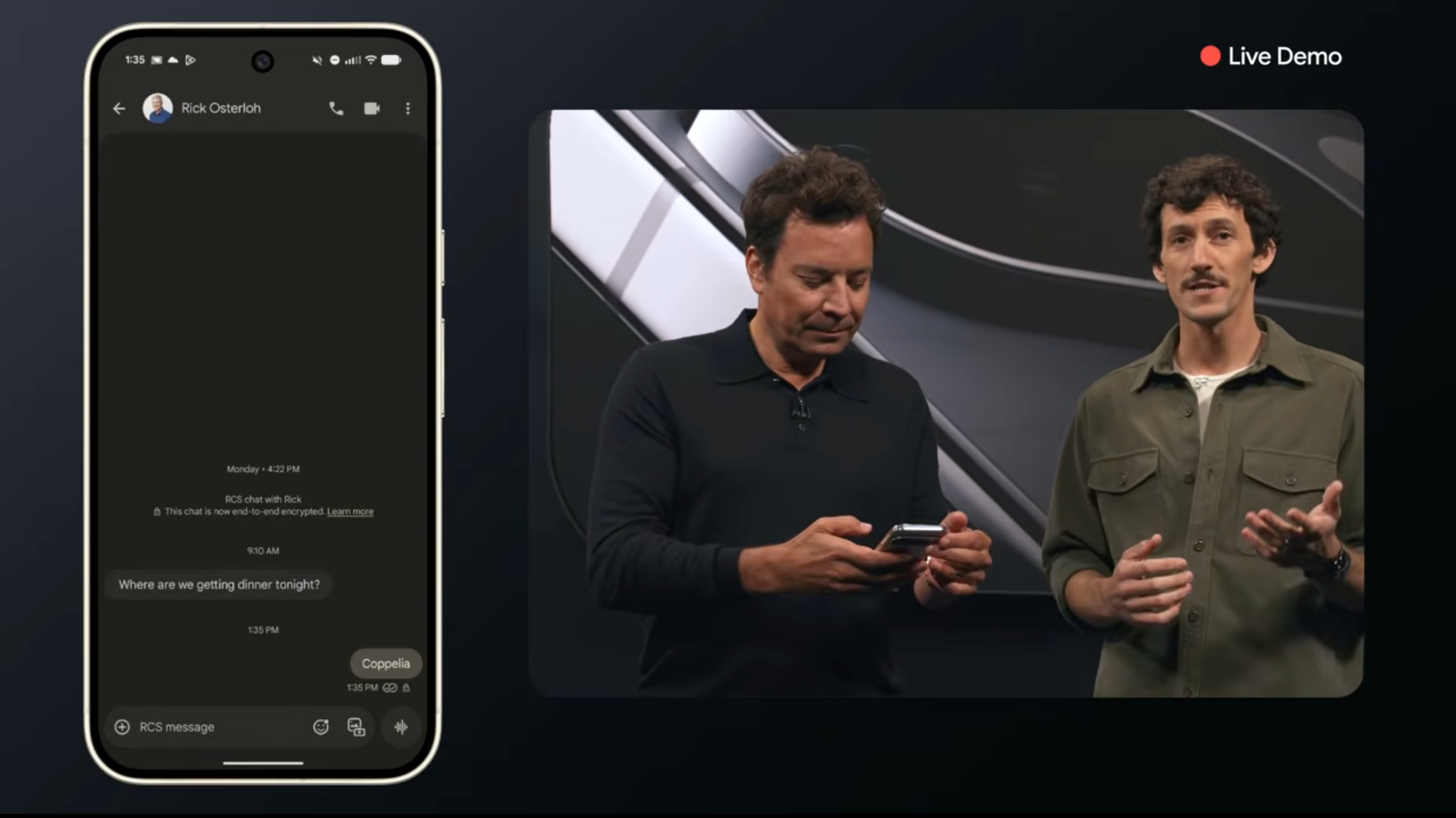
Google sucks at a lot of things, but it sucks at explaining why it seems to do odd things the most. This is a classic example, but it's totally not the only example. Heck, it won't be the only example this month.
I couldn't tell you why this is, but I can guess, so I will: the disconnect between the people doing the work and the people doing the talking is too big. Public relations people are expected to tell folks what they need to hear about the good stuff and gloss over the bad stuff as quickly as possible.
Author Scott Adams said, "Good engineers solve problems. If there are no problems to be found, they end up creating them." That's true because there is always something to play with. Pixel phones are good phones if you don't mind putting up with Google's inevitable changing stuff around. Whenever everything works as it should, someone just has to touch it anyway.
When one group can't explain the shenanigans of the other, well, the message is going to be lost. Like Google forcing your brand-new phone to use less of its battery capacity. We all know Google had a reason, but Google didn't make it clear from the jump.

Jerry is an amateur woodworker and struggling shade tree mechanic. There's nothing he can't take apart, but many things he can't reassemble. You'll find him writing and speaking his loud opinion on Android Central and occasionally on Threads.
You must confirm your public display name before commenting
Please logout and then login again, you will then be prompted to enter your display name.
